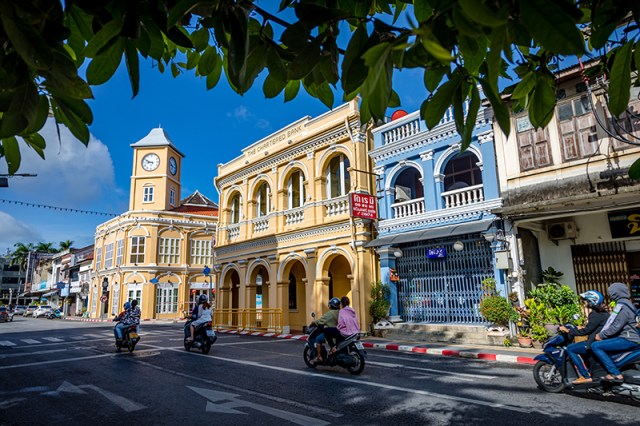Phuket to ban foam food containers next year in effort to remain high-profile tourist destination
Thailand’s street food culture and its cheap, tasty meals designed to take away are beloved by locals, expats, and tourists alike, but the wasteful, single-use trash that is a byproduct of grabbing that krapow goong or somtam to enjoy later has a price.
The country is overrun with trash and many of the formerly pristine Thai islands have beaches that are covered with garbage, lowering the reputation of the tropical destinations.
Phuket, one of the most affordable and accessible islands — one hour round trip flights from Bangkok can be nabbed for about THB3,000, or US$100 — is taking steps to minimize non-biodegradable trash with a new initiative signed by the Tourism Authority of Thailand (TAT), Phuket Tourism Council, Thai Hotels Association Southern Chapter, Phuket Industrial Council, Patong Hotels Association, Kata-Karon Hotels Association and the Phuket Chamber of Commerce.
The “No Foam No Plastic” initiative was announced at the recent Phuket Sustainable Tourism Blueprint 2018 event, a conference designed to create alliances, outlines, and plans to further sustainable tourism on one of Thailand’s most populated islands.
TAT Governor Yuthasak Supasorn said at the press conference, “Hopefully, Phuket will be a positive case study that the whole country could follow. The importance of Phuket as one of Thailand’s most high-profile tourist destinations shouldn’t be underestimated.”
The signed agreement states that local businesses should stop using foam containers for food by Feb. 14. On Oct. 1, businesses will be asked to ban plastic as well, switching to paper or other types of eco-friendly packaging, including straws.
As a way to ease the financial strain on local businesses of switching their packaging, island officials have also inked deals with paper-packaging companies, including Thai Paper and Biodegradable Packaging for Environment (BPE), who will produce and sell to island businesses at discounted prices.





